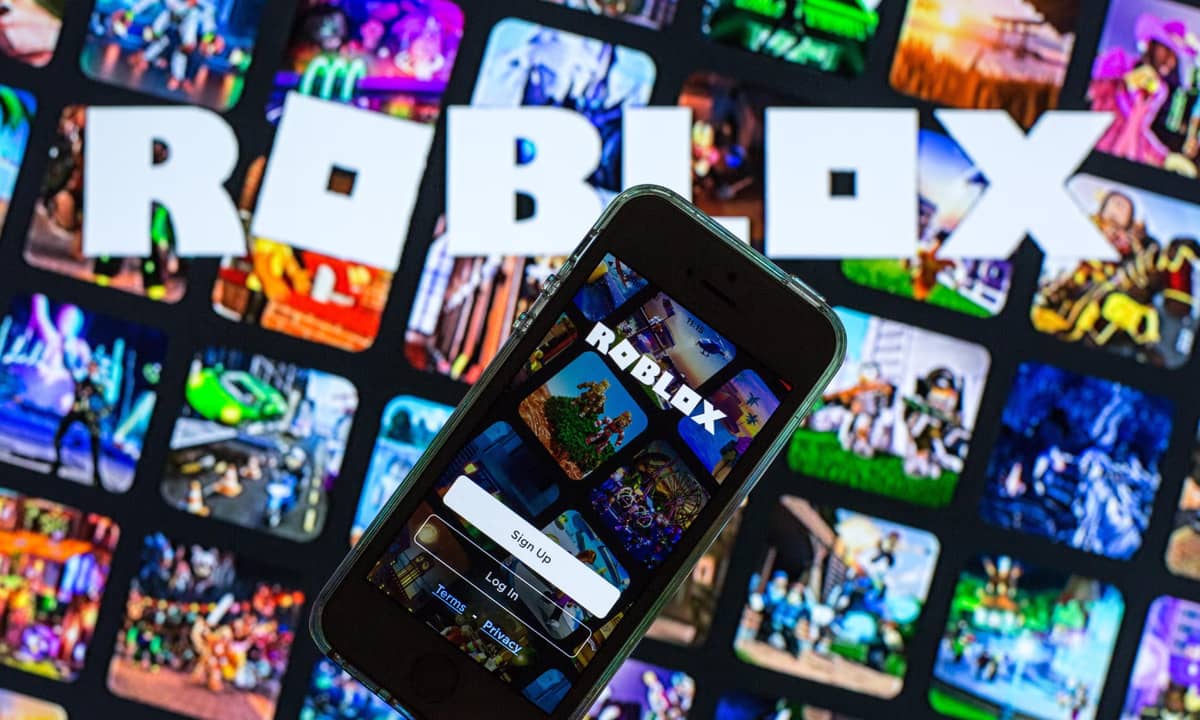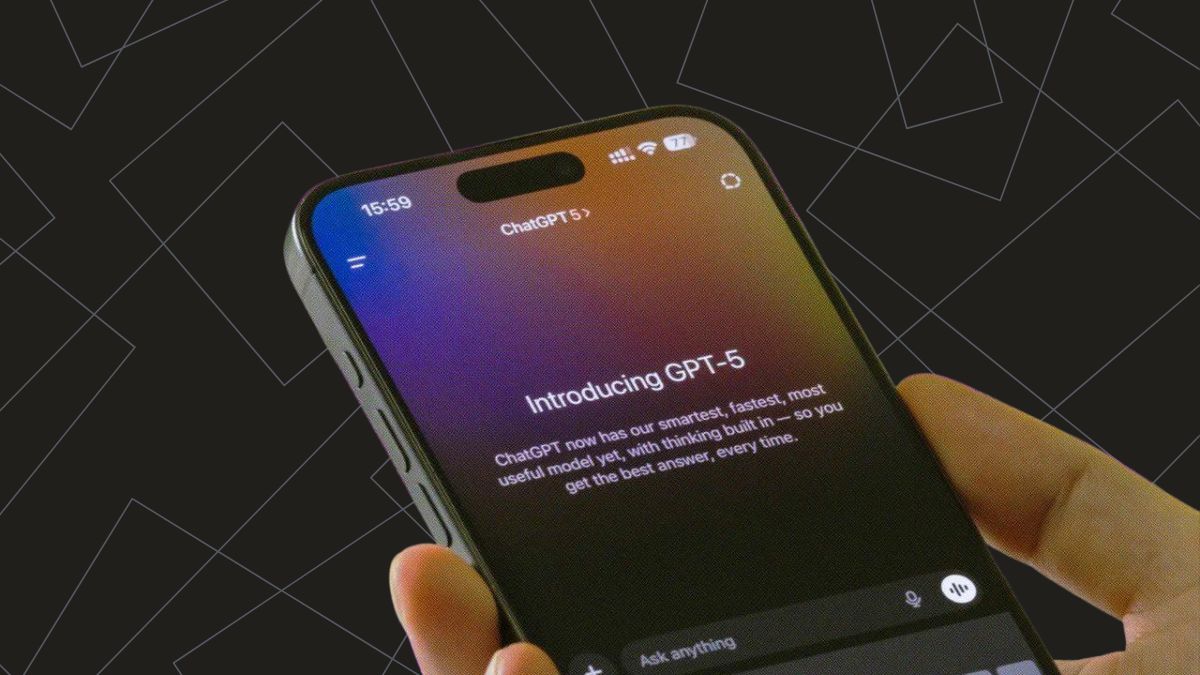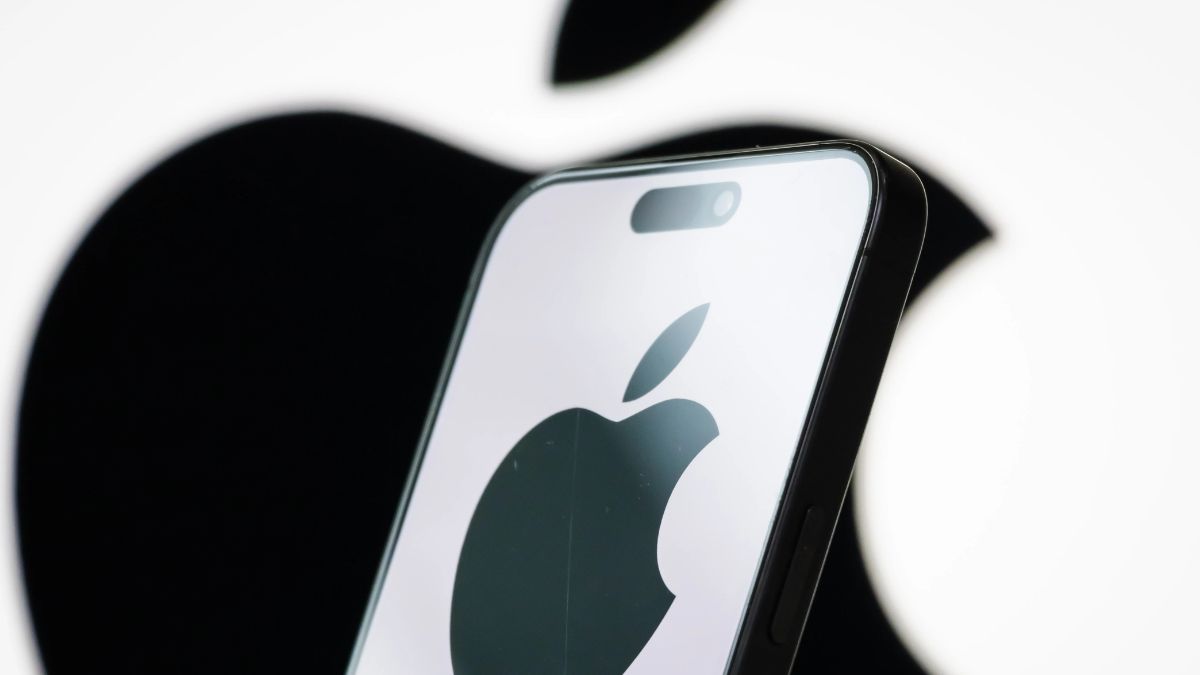Japanese researchers have set a new world record for internet download speeds, achieving an astounding 402 terabits per second (Tbps).
This breakthrough, announced by the National Institute of Information and Communications Technology (NICT) in Tokyo, shatters their previous record of 321 Tbps set just last year.
To put this speed in perspective, it’s theoretically fast enough to download a large video game like Elden Ring (18+ GB) in less than a millisecond. At this speed, you could:
- Download the entire Netflix catalog (estimated at 3 petabytes) in just over a minute
- Transfer the complete Spotify library (about 70 million songs) in under 7 seconds
- Download the entire printed collection of the Library of Congress (estimated at 15 terabytes) in 0.3 seconds
The record-breaking speed is equivalent to about 402,000,000 megabits per second, dwarfing even the fastest consumer broadband connections available today. For comparison, this is over 400,000 times faster than a high-end 1 Gbps home internet connection.
The international research team, led by NICT’s Photonic Network Laboratory, utilized commercially available fiber optic cables and developed custom amplifier technology to achieve this feat. Their innovations included combining multiple types of amplifiers and utilizing a wider range of light wavelengths for data transmission.
While this technology won’t be available for home use anytime soon due to hardware limitations in current consumer devices, it demonstrates the potential for significantly faster internet speeds in the future. The research could pave the way for advancements in global communications infrastructure, data centers, and scientific research facilities that require massive data transfer capabilities.
As we continue to generate and consume more data globally, breakthroughs like this will be crucial in developing the next generation of internet infrastructure to support our growing digital needs.











